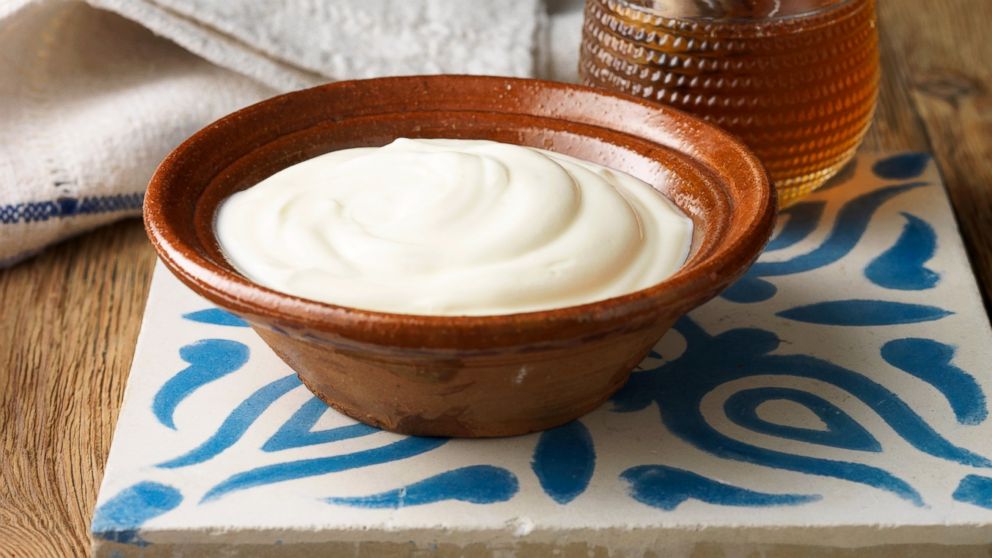7 Foods for Your Gut Health
Consider adding more probiotic foods to your diet.

— -- intro: The good news keeps stacking up for probiotics, the good-for-you bacteria that keep your GI system functioning in tip-top shape. "Research is finding that a healthy microbiome may play a role in reducing inflammation, a risk factor involved in illnesses ranging from colds to cancer, heart disease, arthritis, and cognitive decline," says Katherine Tallmadge, RD, author of Diet Simple. In addition, the bacteria may help burn body fat and reduce insulin resistance, she says. So to stay slim and healthy, consider adding more probiotic foods to your diet, like the ones that follow.
11 Reasons Why You're Not Losing Belly Fat
quicklist: 1category: title: Yogurturl:text:We have to give a nod to the most famous probiotic food: yogurt. Whether you love Greek or regular, low-fat or full-fat, look for the phrase "live active cultures" on the label. And although choosing a plain yogurt has less added sugar than the flavored kinds, Tallmadge gives you the okay to choose a fruit-infused flavor if that's the only way you'll eat it. Just be sure to aim for fewer than 15 grams of the sweet stuff per serving; sugar can feed the bad bugs in your gut.
quicklist: 2category: title: Kefirurl:text:This smooth, slightly tangy, and sippable yogurt contains a dozen different types of live active cultures. It's also 99% lactose-free, making it easier to digest for those with intolerant tummies. "If you have lactose intolerance, start slowly on kefir as a test. If you have no symptoms, go ahead and slowly increase your intake," advises Tallmadge. Plus, with 8 to 11 grams of protein per cup (depending on the brand), it can help fill you up for around 100 calories.
10 Minutes to a Sculpted Stomach
quicklist: 3category: title: Miso pasteurl:text:Made from aged, fermented soybeans, this paste is brimming with probiotics. You can buy miso paste in a bunch of varieties (white, yellow, red, brown) and the darker the color, the deeper the taste. Miso is a great way to add a burst of earthy, savory flavor for few calories (only 25 to 30 per tablespoon), plus protein, fiber, and bone-strengthening vitamin K, says Sharon Palmer, RDN, author of Plant-Powered for Life. "While we need more research about how these types of fermented foods contribute to health, it's a good idea to introduce more of them into your diet," she says. Use miso to glaze fish or chicken before cooking, mix into a stir-fry recipe, or add to liquid to make a miso broth. One caveat: Miso is very high in sodium. One teaspoon, enough to make a cup of miso soup, has 473 mg of sodium, 21% of the daily recommended limit and 32% of the daily limit for those with high blood pressure.




